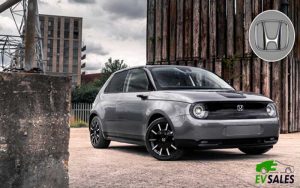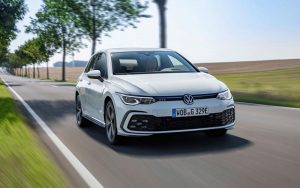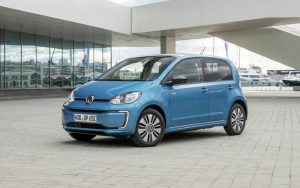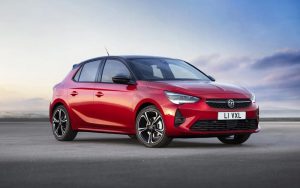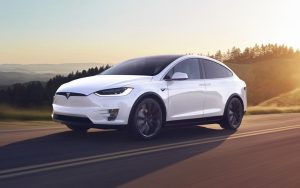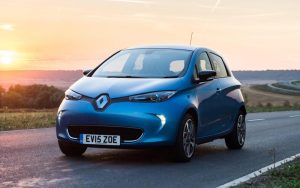Why Electric Cars?
88% of Electric Car Owners would
never consider switching back to
petrol or diesel
Powering cars with electricity is an improvement over petrol & diesel. Why?
Electric cars are vastly cheaper to run and maintain, they are more responsive and comfortable to drive. Electric transportation also helps us achieve cleaner air quality for generations to come.
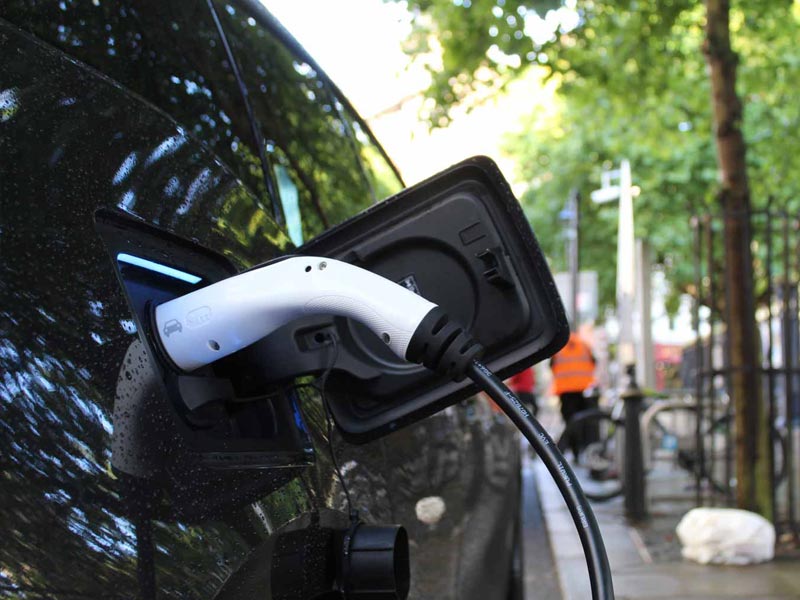
Energy cost
75% reduction in fuel cost over petrol. 5000 miles is £163 in electricity vs £745 in petrol.
A 54kwh battery pack as found in the standard range Tesla Model 3 will achieve a range of approx 254 miles [2]. To fully charge 54kwh battery at the latest JEC price of 15.3p per unit results in a total cost of £8.26 (3.25p per mile) [3]
A 66 litre fuel tank in the latest Mercedes-Benz C-Class has a range of approx 522 miles [4]. Using a litre cost of 118p it will cost a total of £77.88 to fill up (14.9p per mile)
The cost of energy for 5,000 miles would be £745 in petrol vs £163 in electricity representing over 350% difference in cost. In 100,000 miles you would be expected to pay £14,900 in petrol vs £3,252 in electricity
Less Parts = Less Maintenance
An electric motor contains less than 20 moving parts creating less points of failure [5].
Serviced items are generally limited to tires and brakes. Due to regenerative braking the brake pads are lasting much longer than in petrol/diesel cars and sometimes longer than the life of the car itself.
Petrol and Diesel motors require many service items including filters, sensors, converters, thermostats, coils and spark plugs to name but a few. This becomes so costly that the service industry is worth more money than that of the new car market (more on that below).
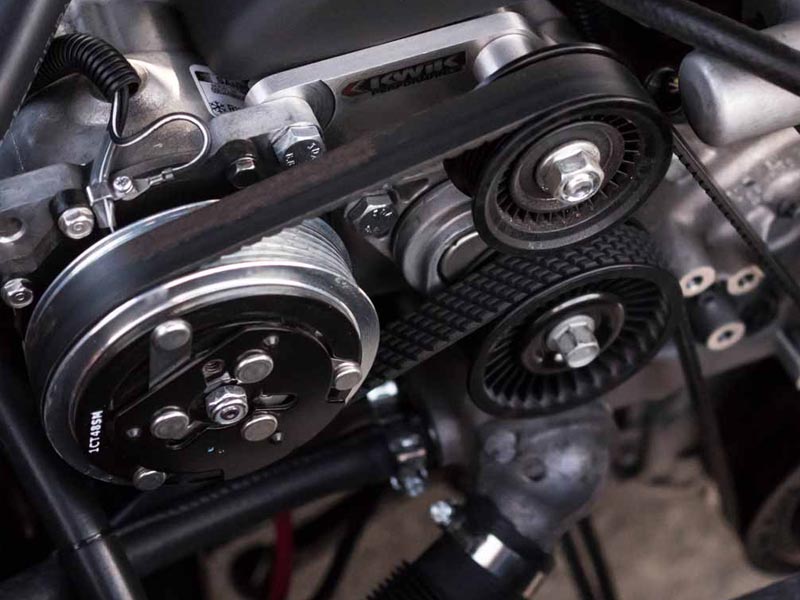
It’s a whole
new experience
Electric cars are more repsonsive than their petrol equivalent. The power is instant. The absence of gears and the need for ideal revolutions ensures the car is always ready to give you optimum performance. This not only improves acceleration but makes the movement of the car far smoother than what we are used to in petrol/diesel cars. As with any physical experience words can only explain this so far and its something that must be experienced for yourself. Even if your not ready to buy, please come and have a test drive to see for yourself.

Environmentally Friendly
Current estimates are at least 40,000 deaths per year in the UK from air pollution [6].
Exhaust fumes from petrol and diesel car are poisonous. Reports are linking carbon monoxide and nitrogen dioxide pollution to a multitude of health problems including respiratory and cardiovascular diseases.
Breathing this pollution is not good for our bodies and at some point we have to ask ourselves what sort of world we want to live in. Living on an island does not make us exempt from air pollution, especially whilst walking through St Helier [7].
Incentives for switching to electric in Jersey
The government are encouraging Islanders to buy and use Electric cars by providing free parking for 1 year for each new car introduced to the island and additionally not charging VED import duty. After the initial 1 year half price parking is available [8].
Considering the States of Jersey goal of becoming carbon neutral by 2030 we look forward to additional incentives and schemes to be introduced in the near future.
The largest incentive is the total savings you will make in the reduced running costs of the car itself.
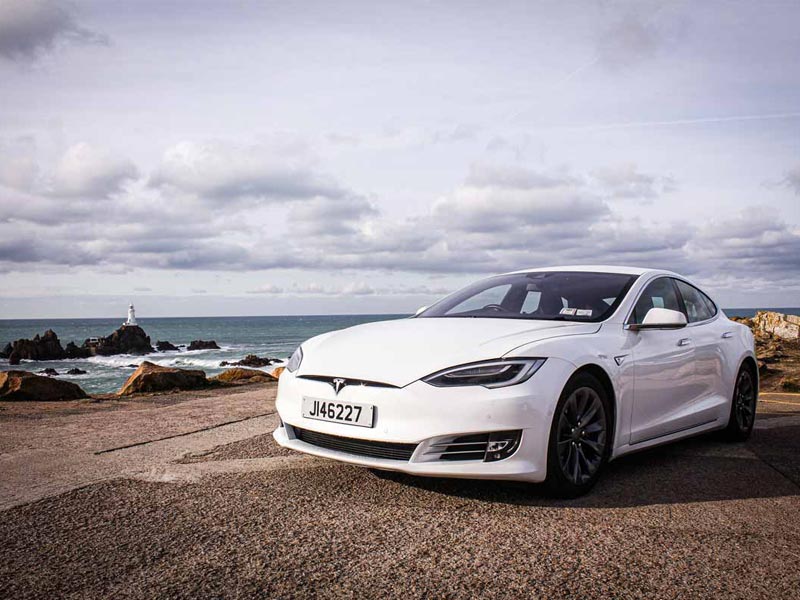
Myth: The batteries don’t last and are expensive to replace
The latest data shows that the batteries are outlasting the cars themselves. Therefore batteries from older electric cars are being recommissioned for other purposes such as home energy storage [9].
Tesla are currently targeting 1 million miles for their battery packs [10].
The competition have some way to catch up to this however it demonstrates a significant durability improvement over the average expected lifetime of 150,000 miles for diesel and petrol vehicles.
Myth: Electric cars are heavier than petrol and cause more air pollution
If weight was the major factor large diesel trucks would be the place to start. The weight of electric cars are heavier due to the battery pack but not significantly;
- Weight of a Tesla Model 3: 1,611kg
- Weights of a Mercedes C Class: 1,495kg
Myth: The grid is not renewable and that means electric cars aren't either
European electricity networks are gradually moving towards renewable energy sources (Germany 46% [11] France 23% [12]) as they are more cost effective than building coal or nuclear power plants. Electricity is still produced from fossil fuels and nuclear power which has some unwanted characteristics.
The important thing to note is the efficiency in the energy transaction. When you burn fossil fuel to create electricity you achieve a far higher efficiency (input vs output) than when using fossil fuel in an engine for transportation. In a conventional engine you get approx 20-35% [13] of the energy of the fuel, the rest is lost to heat and other waste products. An electric motor operates at an efficiency level over 90% and as high as 97% in the Tesla Model 3 [14].
Summary
Most people are very surprised to learn the truth about electric cars and wonder why this information is not more mainstream. There continues to be a huge disinformation campaign against the electric car industry. For example, every fire or accident involving an electric vehicle is reported in the media. Frequently without the crucial information such as there being less overall fire risk than petrol and diesel cars. It makes sense when you consider that petrol and diesel are flammable liquids.
This propagation of myths and misinformation is sponsored by organisations that stand to lose from the shift to the electrification of transport. The established car manufacturers have been campaigning against electric cars for years, there are two main reasons for this, firstly they have invested billions of pounds into factories creating what would be redundant car parts (petrol tanks and engines etc) and secondly they make a fortune out of the service industry. This industry is about to be significantly impacted given the simplicity and reliability of the electric drive train.
With most Eurpean countries including the UK now having set dates to ban the sale of new petrol/diesel cars the switch is now inevitable. How quickly the switch happens will depend on consumers taking earlier steps towards this brighter future and begining to enjoy, guilt-free driving.
[1] https://www.greencarguide.co.uk/2019/01/9-out-of-10-electric-vehicle-drivers-would-never-go-back-to-a-conventional-car/
[2] https://www.tesla.com/en_gb/model3
[3] https://www.jec.co.uk/your-home/our-tariffs-and-rates/
[4] https://www.mbgilbert.com/blog/how-far-can-the-2019-mercedes-benz-c-300-go-on-a-full-tank-of-gas/
[5] https://driveelectric.org.nz/individuals/what-is-an-ev/
[6] https://www.rcplondon.ac.uk/projects/outputs/every-breath-we-take-lifelong-impact-air-pollution
[7] https://www.gov.je/Environment/ProtectingEnvironment/Air/pages/airquality.aspx
[8] https://www.gov.je/Environment/GreenerLifestyles/GreenerTravel/MotorVehicles/Pages/EcoFriendlyVehicles.aspx
[9] https://auto.howstuffworks.com/can-electric-car-batteries-be-recycled.htm
[10] https://www.wired.com/story/tesla-may-soon-have-a-battery-that-can-last-a-million-miles/
[11] https://www.reuters.com/article/us-germany-power-outputmix/renewable-energys-share-of-german-power-mix-rose-to-46-last-year-research-group-idUSKBN1Z21K1
[12] https://renewablesnow.com/news/renewables-share-in-power-consumption-hits-23-in-france-in-2019-686911/
[13] https://en.wikipedia.org/wiki/Engine_efficiency
[14] https://www.pcmag.com/news/report-tesla-model-sx-upgrading-to-more-efficient-electric-motors
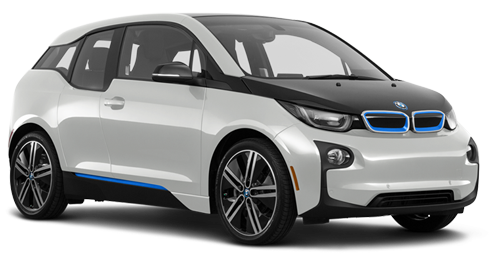
Not sure what you’re looking for?
Get in contact with us today and we can assist with choosing the right cable for your car.


